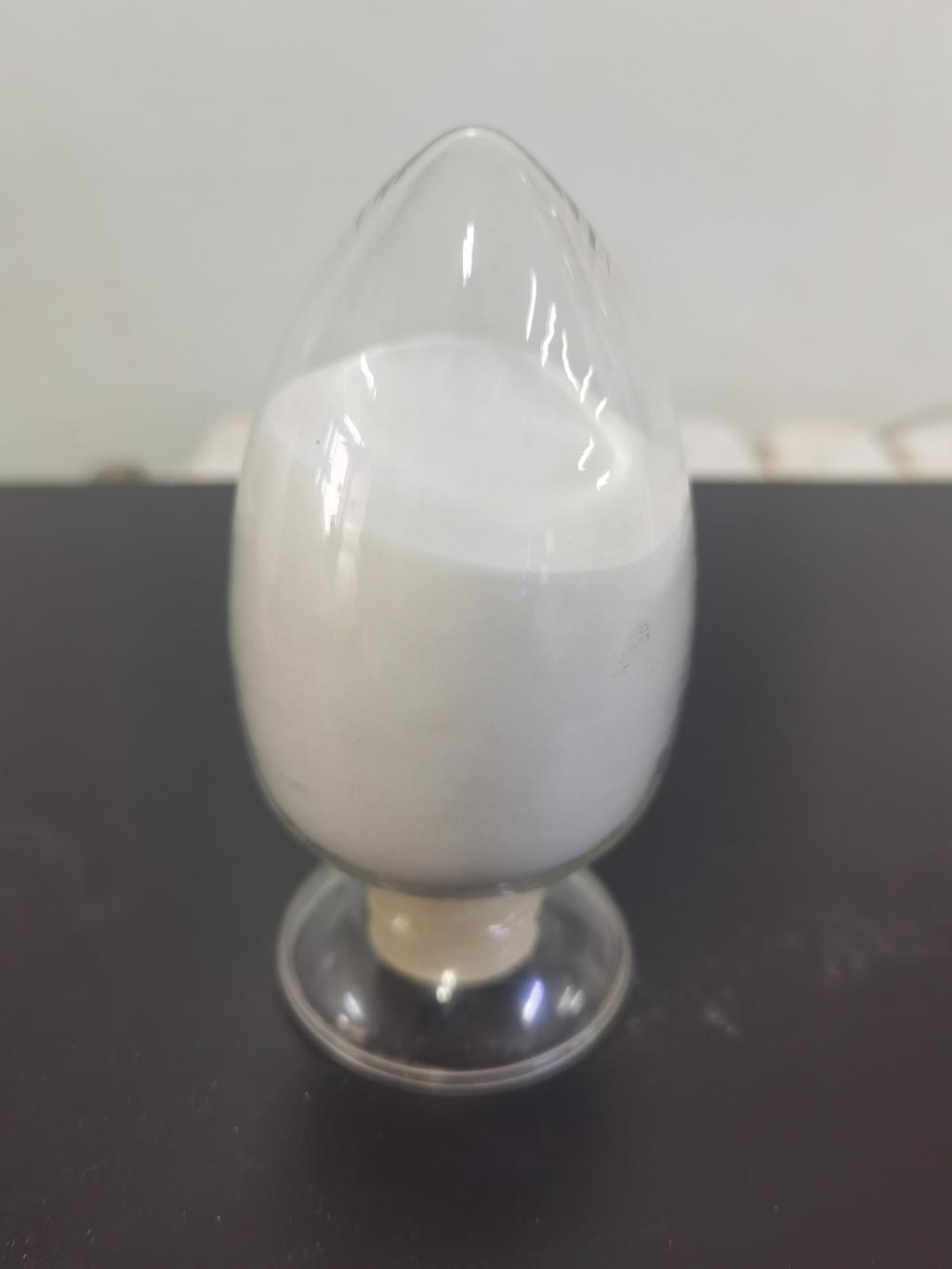Tel:+8618231198596

News
 CONTACT
CONTACT
 CONTACT
CONTACT
- Linkman:Linda Yao
- Tel: +8618231198596
- Email:linda.yao@dcpharma.cn
- Linkman:CHARLES.WANG
- Department:Overseas
- Tel: 0086 0311-85537378 0086 0311-85539701
News
Current Position:
Home >
News
>ε-Polylysine hydrochloride in ready-to-drink protein shakes to prevent spoilage
ε-Polylysine hydrochloride in ready-to-drink protein shakes to prevent spoilage
TIME:2024-11-26
Understanding the Spoilage Risks in RTD Protein Shakes
Microbial Growth
RTD protein shakes provide a nutrient-rich environment for spoilage organisms, including bacteria, yeast, and mold. Common spoilage issues include souring, curdling, and gas production.
Oxidative Degradation
Lipid oxidation in shakes containing fats or oils can lead to rancidity and undesirable off-flavors, affecting consumer acceptance.
Extended Shelf Life
RTD protein shakes are often stored for weeks or months, creating additional preservation challenges, particularly for products with reduced or no refrigeration.
The Role of ε-Polylysine Hydrochloride
ε-Polylysine hydrochloride is a natural antimicrobial agent known for its broad-spectrum activity against spoilage microorganisms. Its properties make it an ideal candidate for preventing spoilage in RTD protein shakes.
Key Benefits
Effective Microbial Inhibition
ε-Polylysine hydrochloride disrupts microbial cell membranes, effectively inhibiting bacteria, yeast, and mold. This ensures product safety and extends shelf life, even in nutrient-dense formulations like protein shakes.
Synergistic Effects with Other Preservation Methods
When used in combination with pasteurization or high-pressure processing (HPP), ε-Polylysine hydrochloride enhances overall microbial control, reducing the risk of post-processing contamination.
Neutral Sensory Impact
Unlike some preservatives, ε-Polylysine hydrochloride does not impart off-flavors or alter the texture of protein shakes, preserving the desired sensory qualities.
Support for Clean-Label Products
As a naturally derived compound, ε-Polylysine hydrochloride aligns with consumer preferences for clean-label, minimally processed beverages.
Applications in RTD Protein Shakes
Dairy-Based Protein Shakes
In shakes containing whey or casein protein, ε-Polylysine hydrochloride prevents spoilage during storage, particularly at ambient temperatures, ensuring the product remains fresh and safe.
Plant-Based Protein Shakes
Formulations based on soy, pea, or other plant proteins benefit from ε-Polylysine hydrochloride's ability to inhibit spoilage organisms without interfering with the natural flavor profiles of the ingredients.
Low-Sugar and High-Fiber Shakes
Products designed for health-conscious consumers often have reduced sugar content, limiting their natural antimicrobial properties. ε-Polylysine hydrochloride compensates for this by providing robust microbial protection.
Considerations for Implementation
Regulatory Compliance
The use of ε-Polylysine hydrochloride must meet food safety regulations in target markets. While it is generally recognized as safe (GRAS) in many regions, specific applications in RTD beverages may require approval.
Optimal Dosage
Determining the appropriate concentration of ε-Polylysine hydrochloride is crucial to achieve effective spoilage prevention without unnecessary cost or overuse.
Compatibility with Ingredients
Interactions with proteins, stabilizers, and other functional ingredients in the shake formulation should be evaluated to ensure consistent performance.
Future Perspectives
To maximize the potential of ε-Polylysine hydrochloride in RTD protein shakes, future research should focus on:
Exploring Synergies: Combining ε-Polylysine hydrochloride with natural antioxidants like tocopherols or rosemary extract to address both microbial and oxidative stability.
Customized Formulations: Developing tailored application strategies for different shake types, considering factors like pH, fat content, and protein sources.
Advanced Packaging: Integrating ε-Polylysine hydrochloride with oxygen-scavenging or antimicrobial packaging technologies to further enhance shelf life.
Conclusion
ε-Polylysine hydrochloride represents a natural and effective solution for preventing spoilage in RTD protein shakes. Its broad-spectrum antimicrobial activity, compatibility with clean-label demands, and versatility across various formulations make it a valuable addition to modern beverage preservation strategies. As consumer demand for safe, high-quality, and convenient nutrition options grows, ε-Polylysine hydrochloride will play a pivotal role in ensuring the success of RTD protein shake products.
- Tel:+8618231198596
- Whatsapp:18231198596
- Chat With Skype







